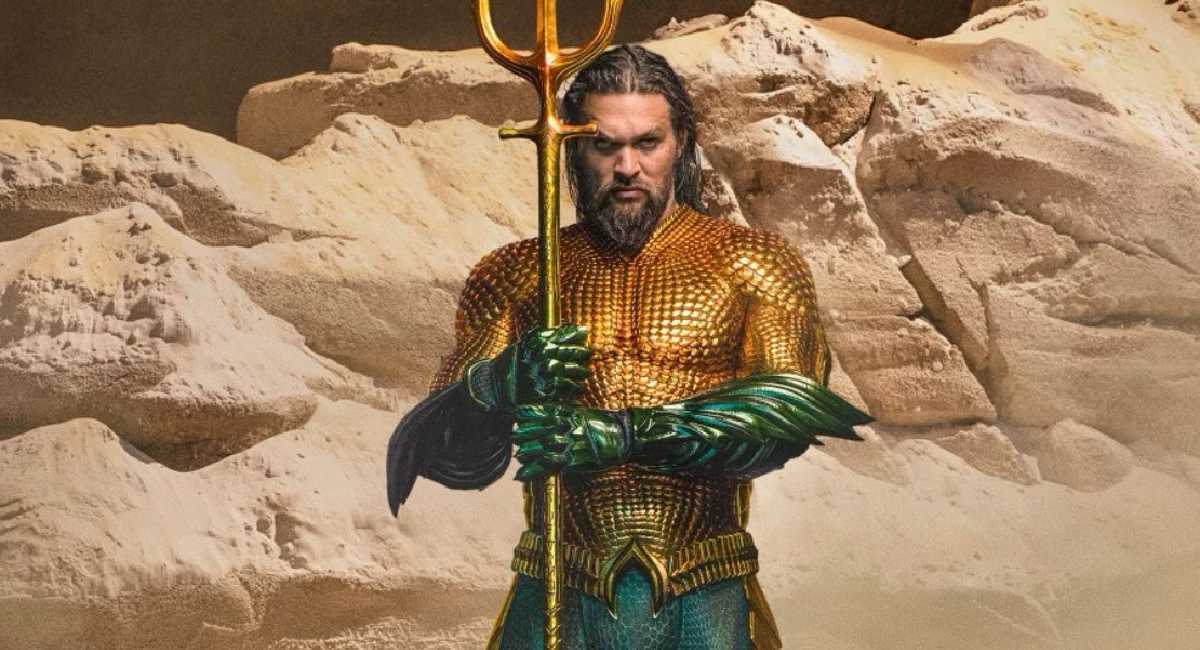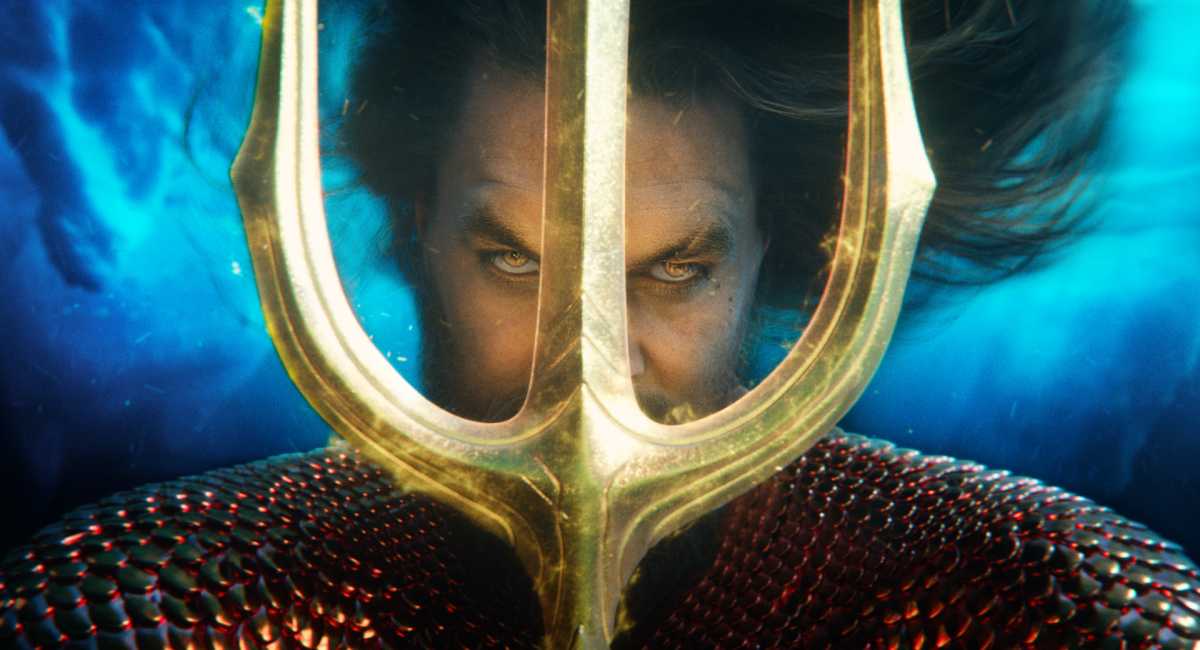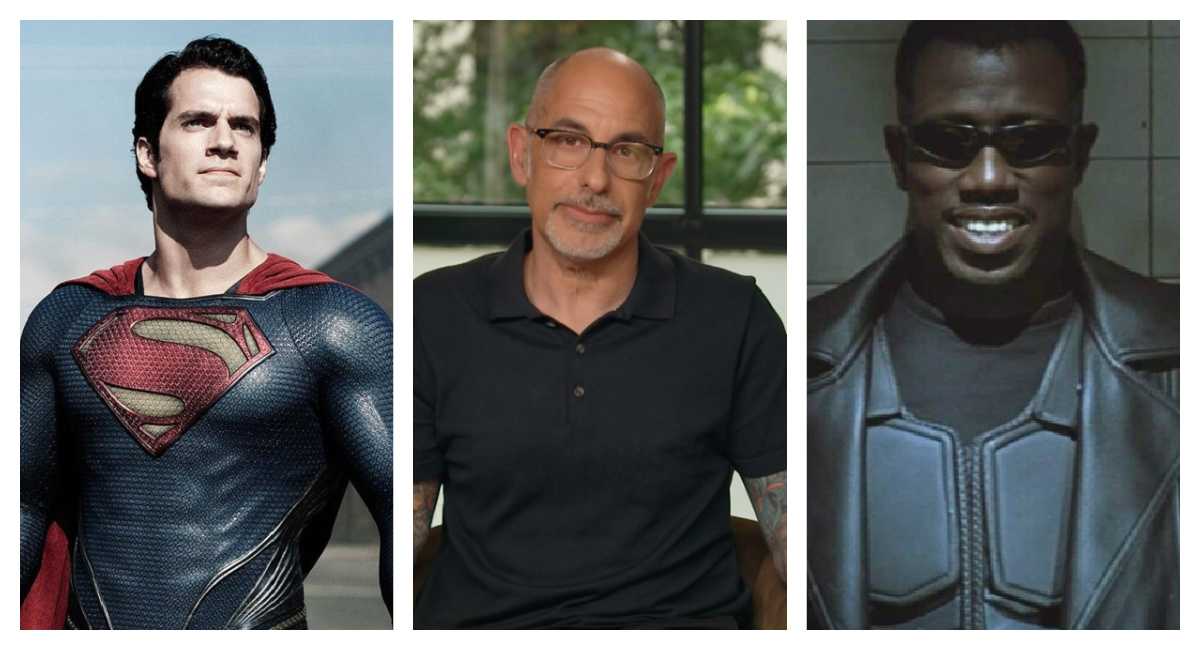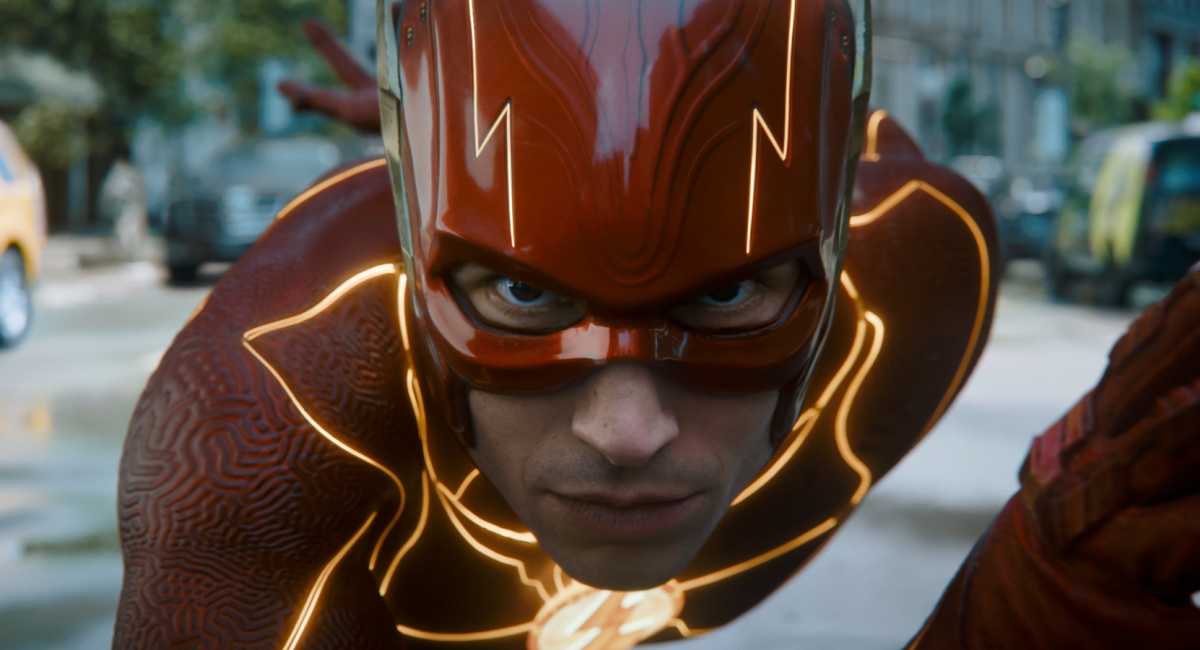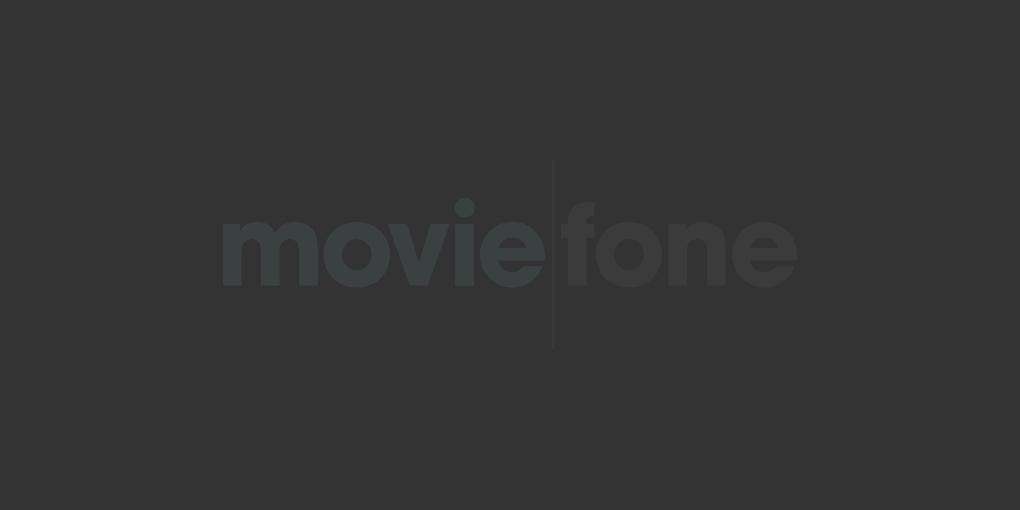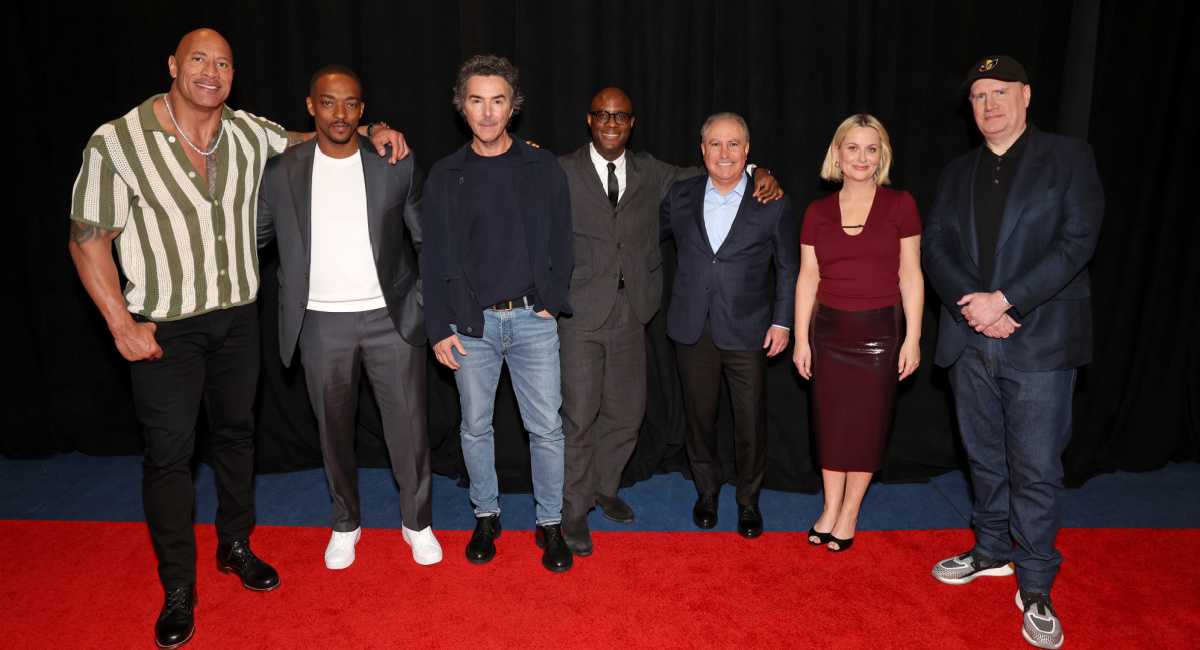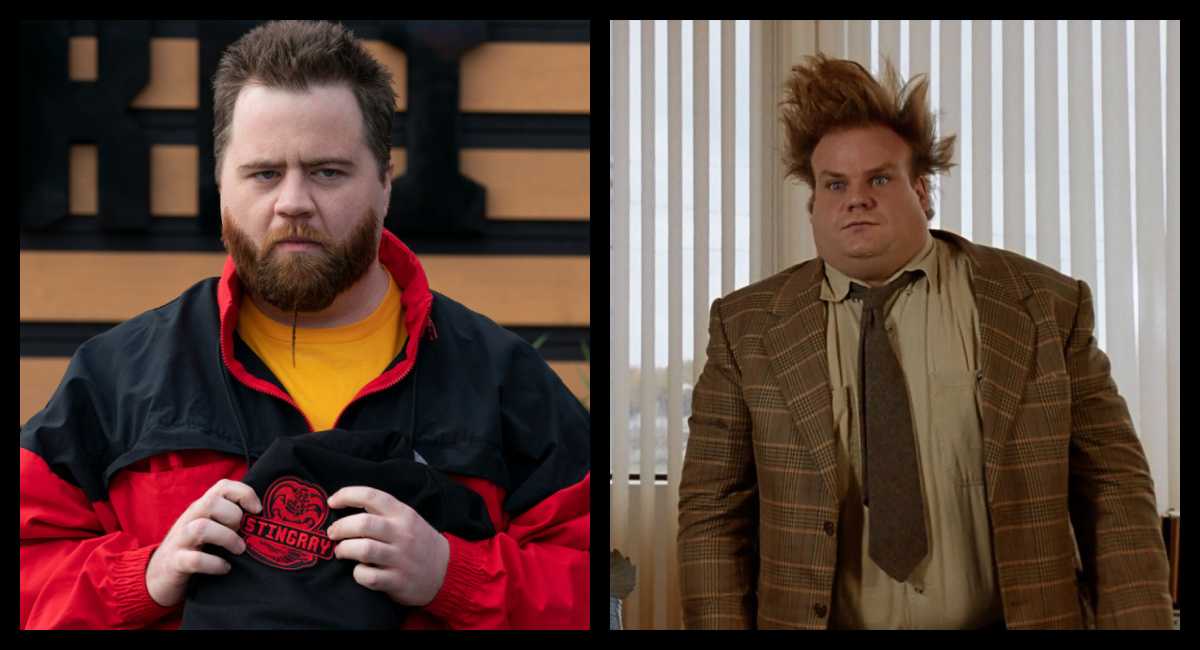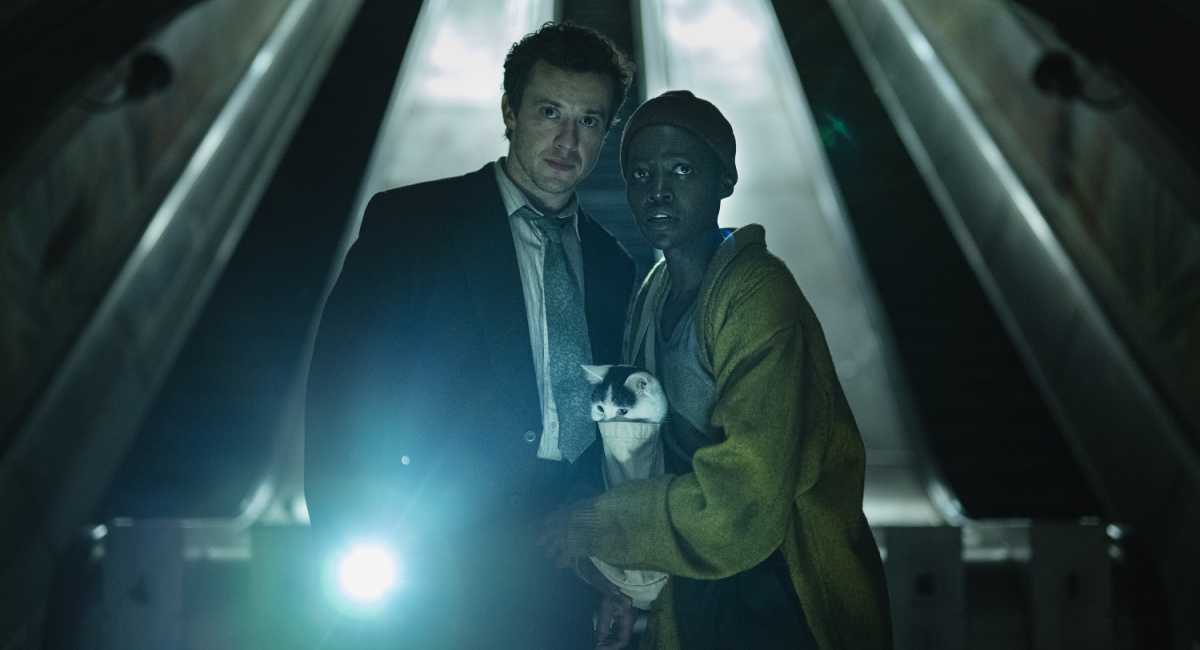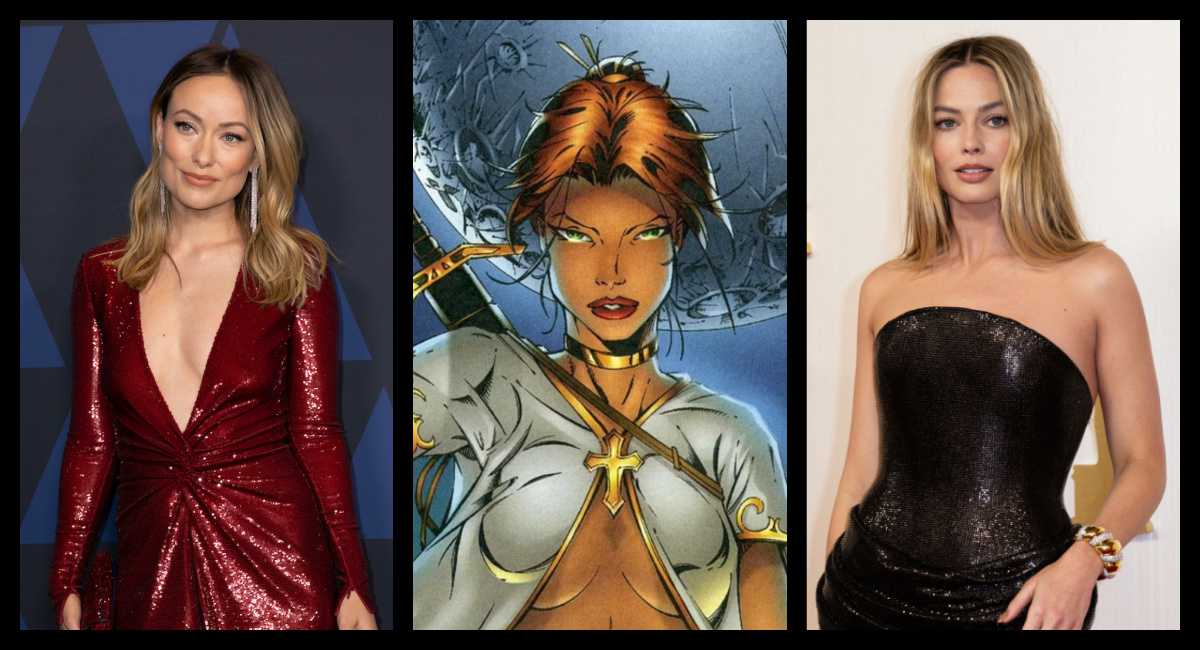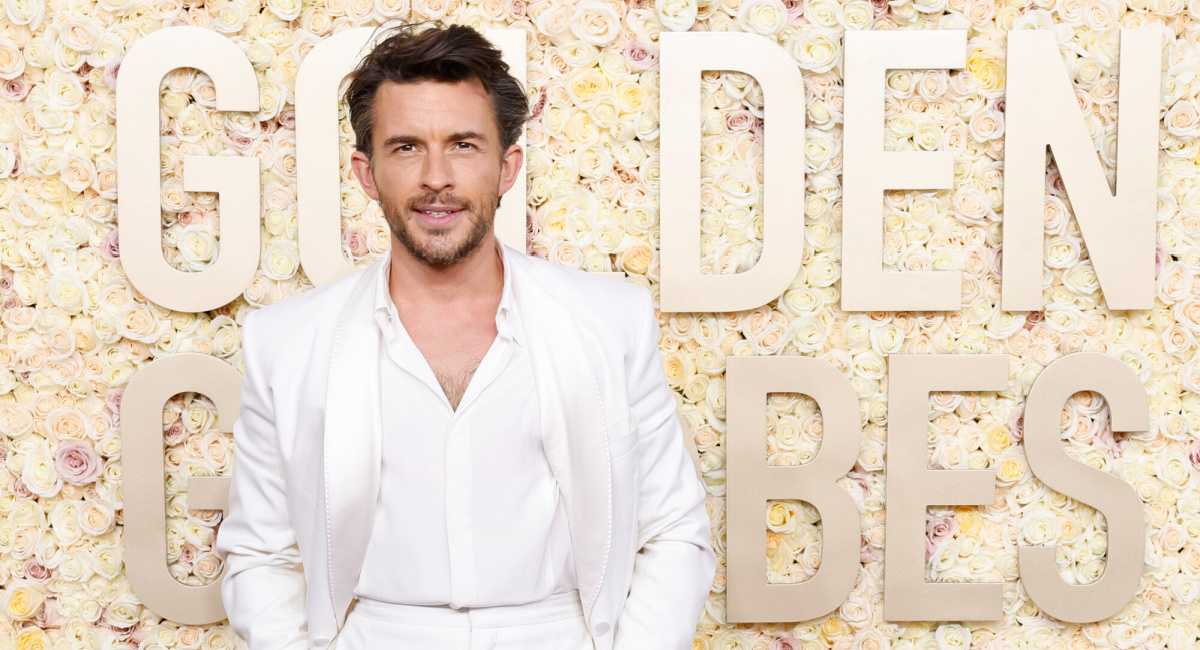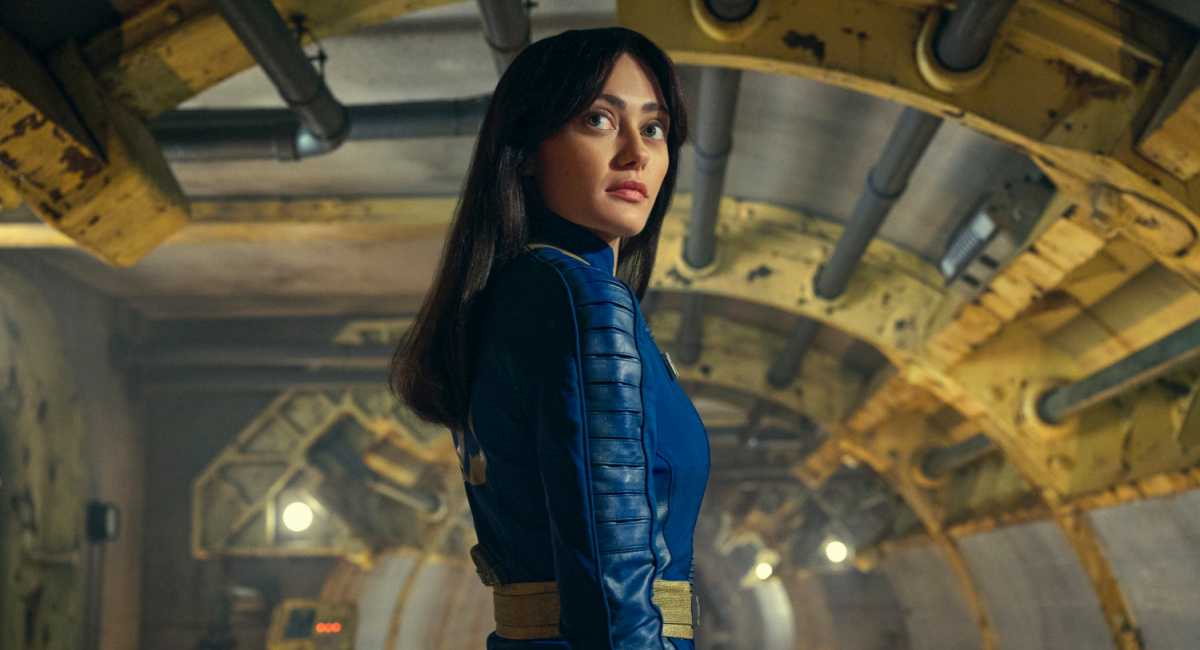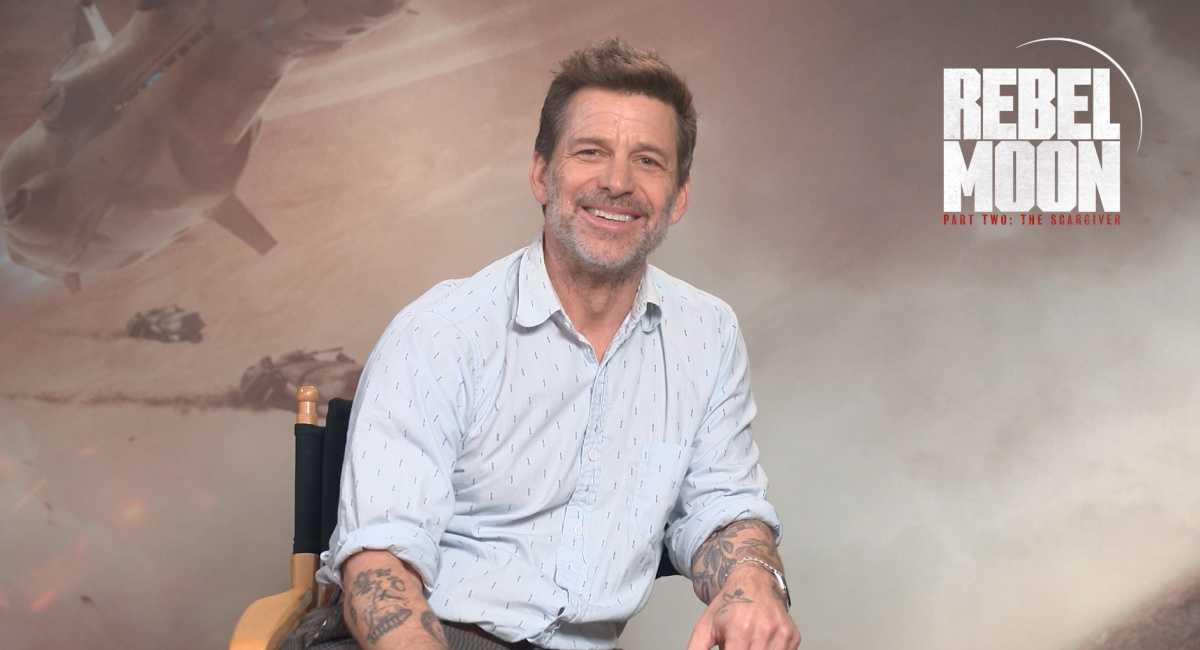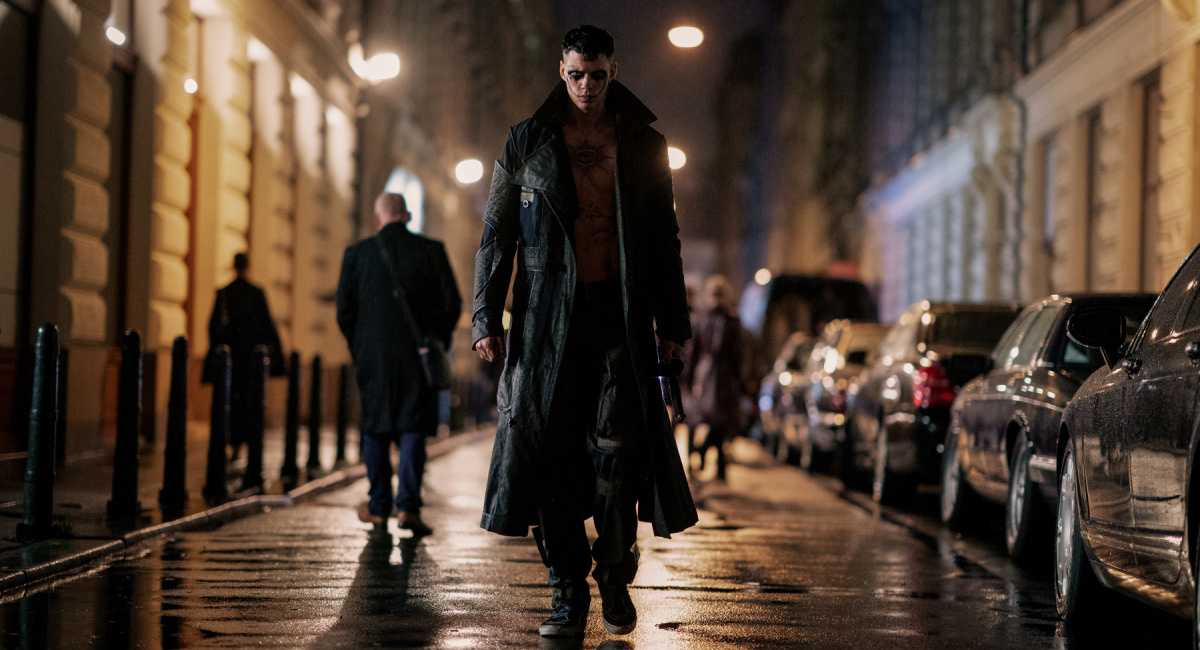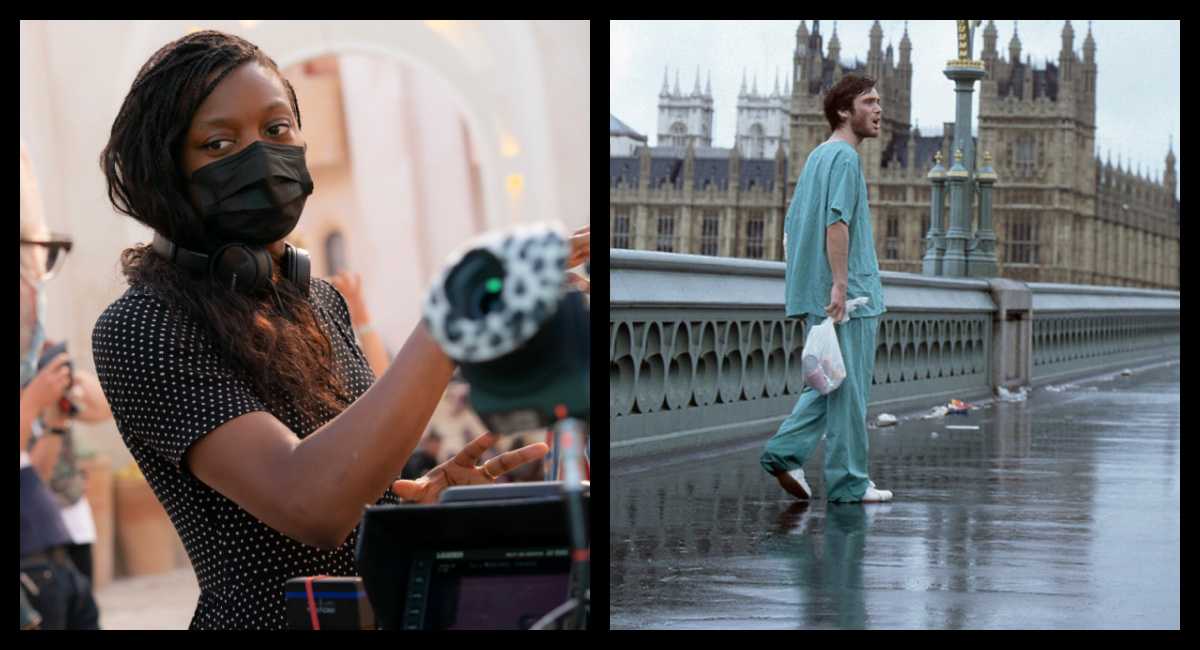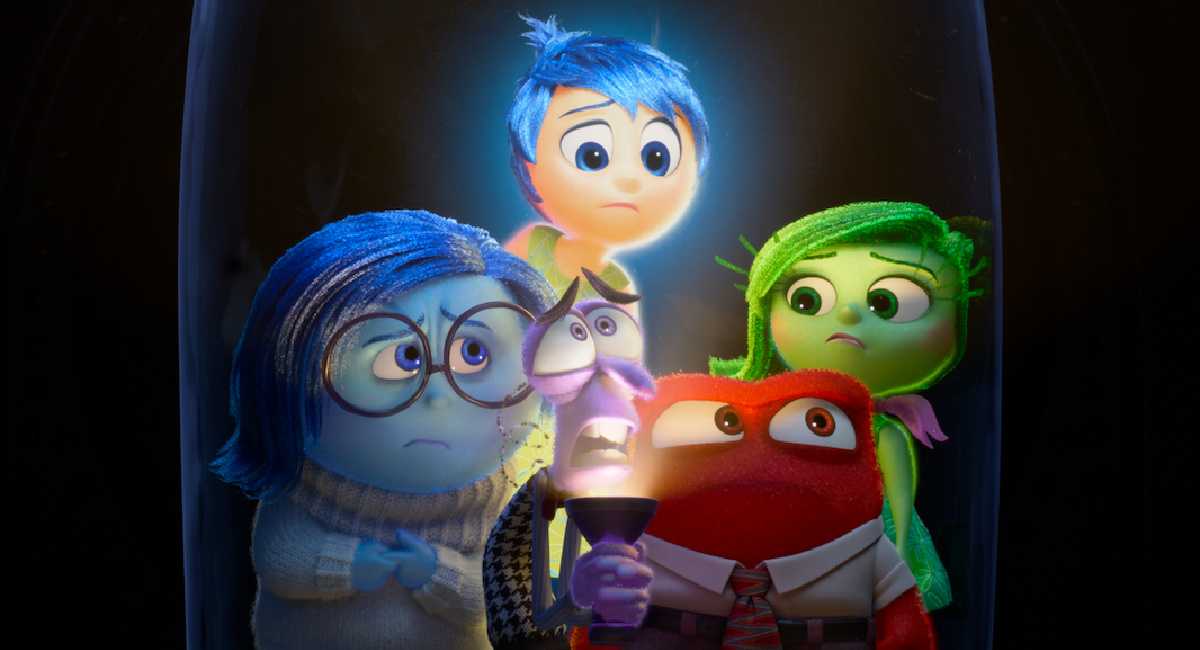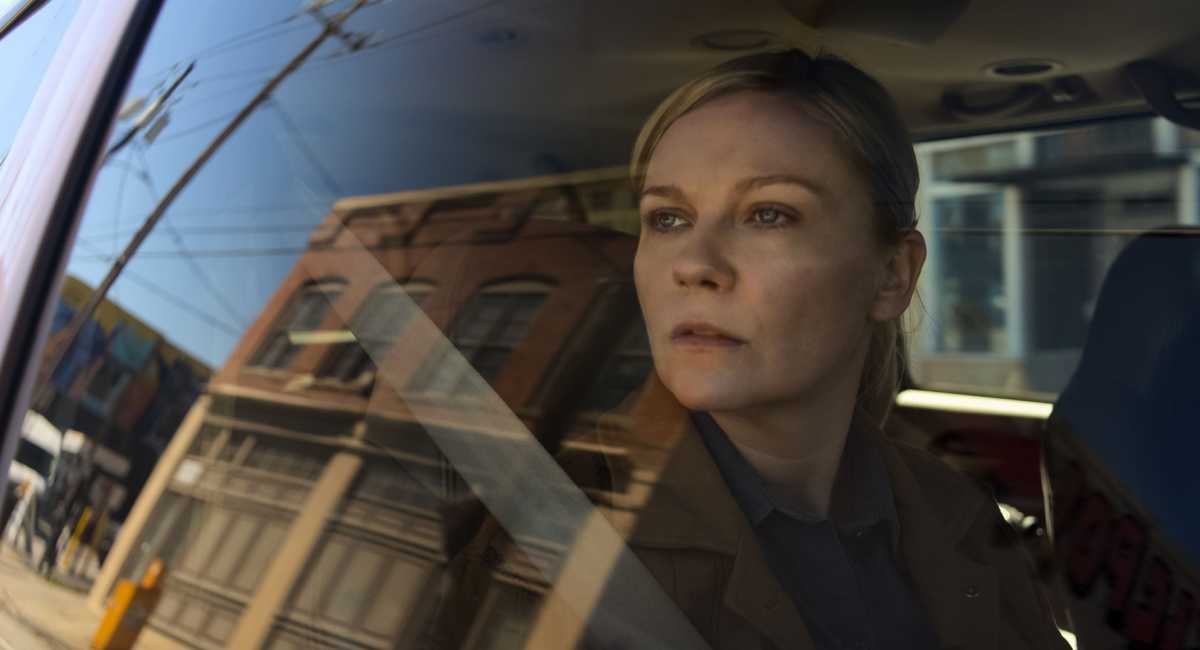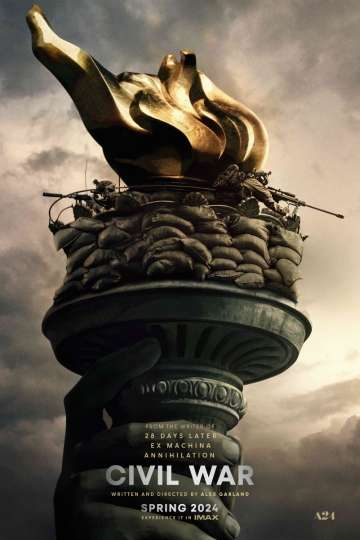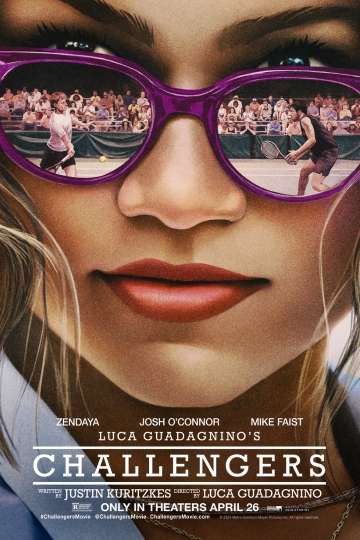Jena Malone on 'Inherent Vice,' 'Batman v Superman,' and Her 'Punk'd' Legacy (EXCLUSIVE)
In Paul Thomas Anderson's dizzying crime comedy "Inherent Vice" (read our review from the New York Film Festival here), characters flit in and out, each one played by a terrific actor, as shaggy dog detective Doc (Joaquin Phoenix) tries to untangle a mystery that involves his old girlfriend (Katherine Waterston), a missing hippie (Owen Wilson), a real estate tycoon (Eric Roberts), and an entity known only as The Golden Fang. One of the characters Doc meets along the way is a young woman named Hope Harlingen, played by Jena Malone, who most know from her role in the blockbuster "Hunger Games" franchise.
Hope is a recovering drug addict in 1970 Los Angeles and as such she looks pretty rough, with a mouth full of crummy veneers and skin like a citrus-deprived pirate. She's only in the movie briefly but makes a big impression. We talked about her chompers, what it was like working with a director with a reputation as mythical as Paul Thomas Anderson's, what's in store for the final "Hunger Games" entry, and whether or not she's in Zack Snyder's "Batman v Superman: Dawn of Justice."
Moviefone: My editor dared me to make this entire interview about your bad teeth.
Jena Malone: We could try! There's certainly a lot to talk about. I did do a lot of research on female dental veneers from the seventies.
Okay! What kind of research did you do?
Well, you know, what it looks like -- what the feeling was, what the purpose was, all the different variations of it. Because we were creating a set of teeth for her, from nothing, we had to decide the whiteness, was this too big, was this too small. You know, the bigger the front of the teeth was from an earlier era... It just goes on and on.
Were the teeth something from the novel?
Yes. And the thing with him is he's the master of metaphor. Within his prose he's telling you things about a character and revealing all of the nature of the character within that character's actions. Just the fact that her name is Hope and living in this death of an era, the death of the dream of free love and she's an ex-junkie and she's removing herself from this darkness and approach this parenthesis of light. You know, she has fake teeth and she's trying to clean herself up and become a good mom. All of it worked within the narrative so well.
Since you have relatively little screen time, did you feel any added pressure to really make your scenes pop?
I always feel pressure. Every day on set I feel a mash of butterflies that occupy a small part of my stomach, particularly when you're doing work that you care about and work that is basically the essence of what we do, creating something out of nothing, continually. And to be fair, you have no idea what you're doing, half of the time, because I'm just trying things out. There's always that pressure and also that excitement of finding out what's going to happen. But maybe there was more because of the fact that I was working with, for me, the greatest American filmmaker alive and getting to work with Joaquin, who is such an incredibly talented actor. You're working with these greats, so there's the added pressure of that. But what's amazing about those two... Paul creates an energy on set of such ease and it's so gentle and trying things and he's constantly writing and editing as he's shooting, allowing the scene to become what it wants to become in the moment. It's a really easy and collaborative set to be apart of and the nerves melted away and just kind of became adrenaline and excitement.
Most of the movie is captured in these super-long takes. Was that scary at all?
It's funny, it's like talking about the lines at Six Flags. You don't leave Six Flags talking about the lines, you leave Six Flags talking about the excitement of going down the ride and the thrill of those three seconds. Were there long takes? Yeah. I guess we were. But in the environment of how Paul creates, actors flourish. I didn't find it restrictive at all. I find it all encompassing and welcoming, in a way.
What were your expectations of working with Paul Thomas Anderson, and what was the reality of working with him?
I didn't have many expectations, because I know now that every director I've worked with is so different and so unique. They each have their own fingerprint, that I was just excited to see how he worked. I didn't know what that would be. I guess I was expecting, in a way, that it'd be more restrictive or for him to be leading these very powerful sets with not an iron fist but something like that, because his films are so uniquely his vision. I imagined him to be this giant craftsman but he's really this soft welder. He's constantly re-interpreting his own material, finding things that didn't work and letting those things go. You could ask him, "What does this mean?" And he'd say, "I don't know." He's courageous enough to say that he's not quite sure, he's allowing the moment to figure itself out, which not a lot of directors have the balls to do.
Did you shoot a lot of extra stuff? Even the trailer is full of scenes that aren't in the actual movie.
We shot a lot that day, up and around and all over that scene. But what became was perfect.
What did you think about Joaquin's amazing yelp? Did he try out different screams?
Nothing was ever repeated when it came to Joaquin's performance. It was a constant joy. It was constantly a surprise, it was constantly wanting to see where he was going to go next. That was working with him on every level. He's so generous and giving and also very joyful. It's not this very serious, weighty matter. He's very happy to share whatever's in his pocket and ideas and whatever and allow for things to happen. It was incredible to get to dance with him. I had the best time.
It sounds like this movie spoiled you.
I'm totally spoiled. I'm never going to be able to work with anyone again. He creates such an incredible environment for the actors, we were all wondering, "Why can't this always be like this?"
You showed up very briefly in "The Hunger Games: Mockingjay – Part 1." Is it safe to say you'll be a bigger part of the finale?
There's a lot more to the books. "Part 1" was just part one of the full book. There's a lot more for all of the characters. It's the final chapter, so it's going to be crazy.
Are you sad to see that end?
It is and it isn't. It's nice to see that we've created something so beautiful together but it's more about missing those friendships and being a part of that family.
There have been rumors that you are in talks to join another sizable franchise for a director you've worked with before, as part of Zack Snyder's "Batman v Superman: Dawn of Justice." Can you say anything?
Ummmm... no.
Would you say, hypothetically, that you would be excited to contribute a strong female role model to a genre that is somewhat bereft of them?
I don't think that it's bereft. I mean look at "Hunger Games" -- are you kidding me?
Yeah, but "The Hunger Games" isn't a comic book.
It doesn't matter. You're turning something into a film, you're creating a myth. What is a comic book but a written myth? I feel like there's so much negativity, but we create. We're still making things. It's not about having as much as they have, it's about continuing the conversation.
Do those big movies hold the same amount of appeal for you as something like "Inherent Vice"? Would you keep going between those two poles?
I don't see them as poles. In my own audience, there's no bigger film than "Inherent Vice." As an audience, there's no bigger film than "The Hunger Games." As an audience member, for me, that's what I want from a film. I just want to work with great filmmakers and keep pushing myself.
Is there any filmmaker you've worked with that you would want to work with again?
Paul. I'll be texting him all the time now: "So...?" No, he's constantly working on things. I'm just excited as an audience member to what he does next.
What do people come up to you on the street and talk to you about, besides "Hunger Games"?
That I was on "Punk'd."
You were on "Punk'd"?
Yes. And seriously, more people recognize me from that than anything.
Thanks so much for chatting and if you do end up in that sizable film next year, hopefully we'll talk again.
Sizable? What a funny way to say anything.
Isn't it a sizable film?
I don't know. I don't know even what you're talking about.
Oh right. You have no knowledge of this.
[Laughs] Thanks again.
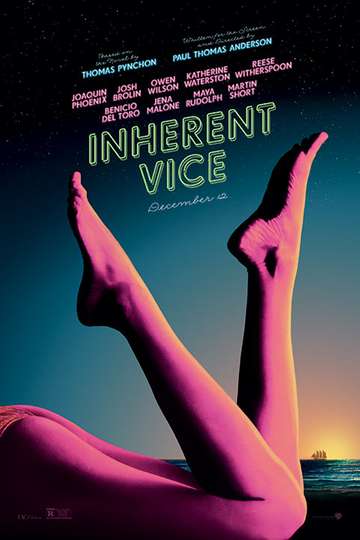
Inherent Vice
In Los Angeles at the turn of the 1970s, drug-fueled detective Larry "Doc" Sportello investigates the disappearance of an ex-girlfriend. Read the Plot


